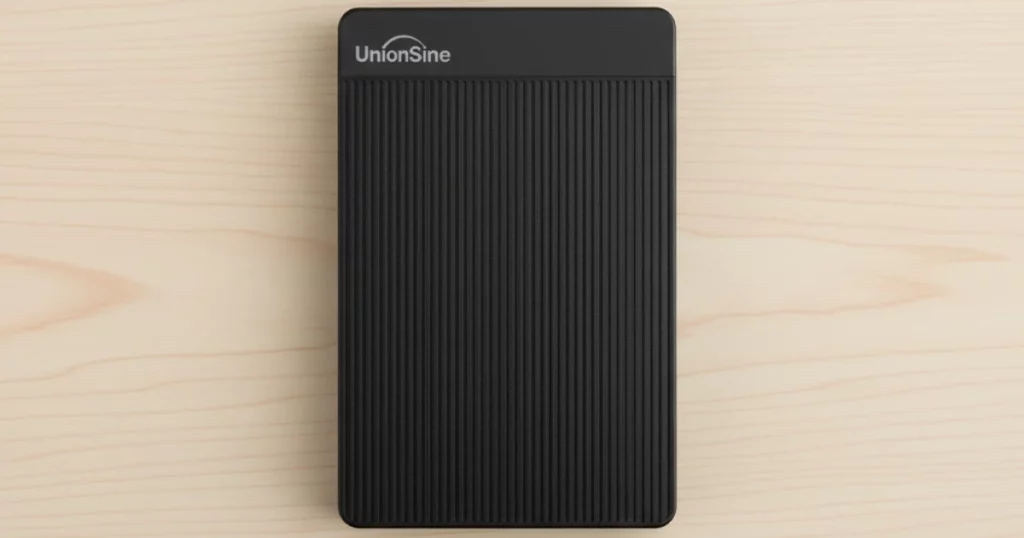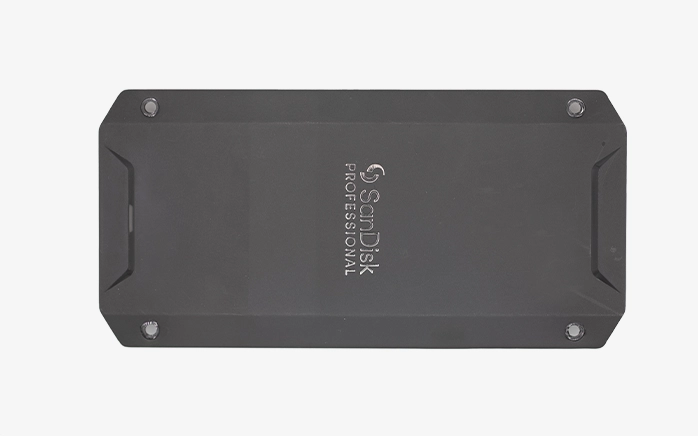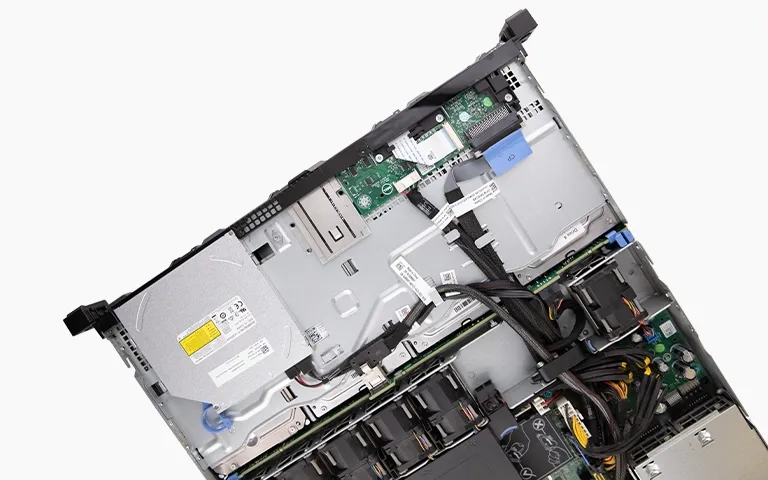Losing critical data can be a nightmare, and it is a situation that countless people have experienced. One such case recently landed on the laboratory of PITS Data Recovery. A G-RAID drive refused to mount on a Mac. Our team of expert engineers was up to the challenge, and the outcome was nothing short of miraculous.
The Case of the G-RAID Not Mounting on Mac
It all started when one of our clients approached us with a complicated situation. His G-RAID, a popular choice for Mac users due to its robust performance and reliability, had suddenly stopped mounting on his Mac OS. Panic ensued as he realized that precious data, including irreplaceable work documents, cherished memories, and essential files, was inaccessible.
Upon receiving the drive, the first step was an initial evaluation, a crucial process to assess the extent of the damage and identify the root cause of the issue.
The Reasons Behind G-RAID Drive Mounting Issues
Spindle Motor Failure
As in this case, the spindle motor is a critical component of the hard drive. When it fails, the platters cannot spin, preventing the drive from functioning.
Corrupted File System
Sometimes, the file system on the G-RAID drive may become corrupted due to abrupt disconnects, power surges, or other factors. This can lead to mounting issues.
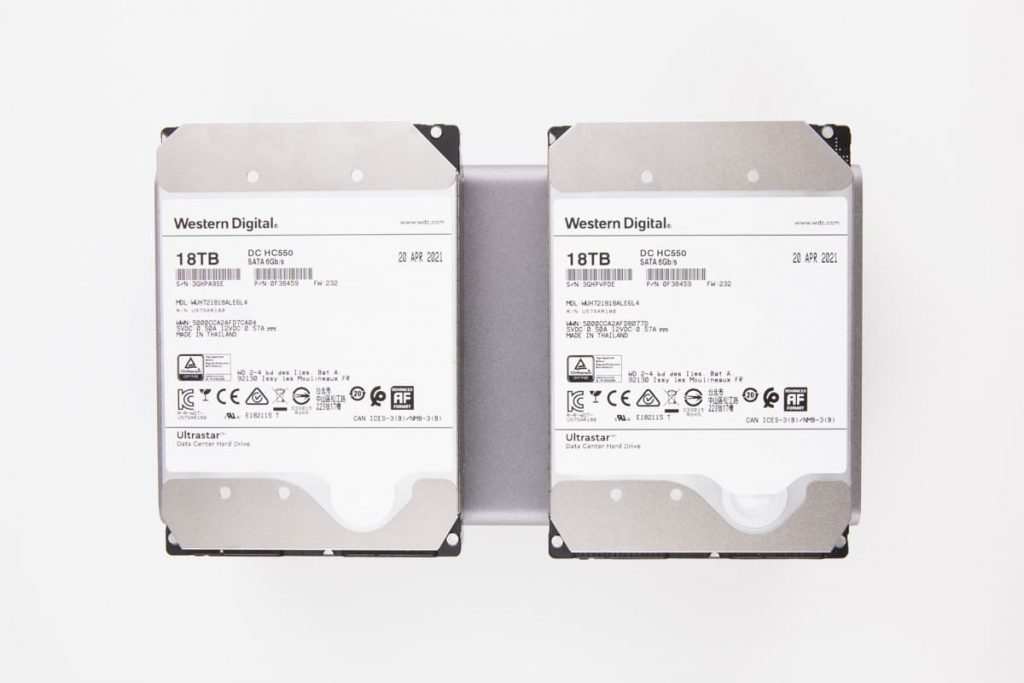
Physical Damage
External drives are prone to physical damage from accidental drops or impacts. Even minor damage can affect the drive’s functionality. If you suspect physical damage, it is best to seek professional data recovery services immediately.Data Cable or Connection Issues
Faulty data cables or improper connections between the drive and the Mac can result in mounting problems. This can be due to loose connections, damaged cables, or even incorrect settings. Make sure to check all connections and cables before attempting any data recovery methods.Firmware or Software Issues
Outdated firmware or incompatible software can cause mounting issues, especially after a system update. Make sure to keep your system and drive firmware up-to-date to avoid any compatibility issues.Bad Sectors
Hard drives can develop bad sectors over time, making it difficult for the Mac to mount the drive. This can happen due to physical damage, power surges, or even natural wear and tear. In such cases, it is important to seek professional data recovery services to retrieve your data.The case of the unmountable G-RAID drive was a challenging one, but PITS Data Recovery rose to the occasion. With meticulous evaluation, precise spindle motor replacement, and thorough data recovery, we successfully recovered all the required data for our client.
This story highlights the importance of having a trusted data recovery partner in times of crisis. Data loss can happen unexpectedly, and having experts who can navigate the complex world of data recovery is invaluable.
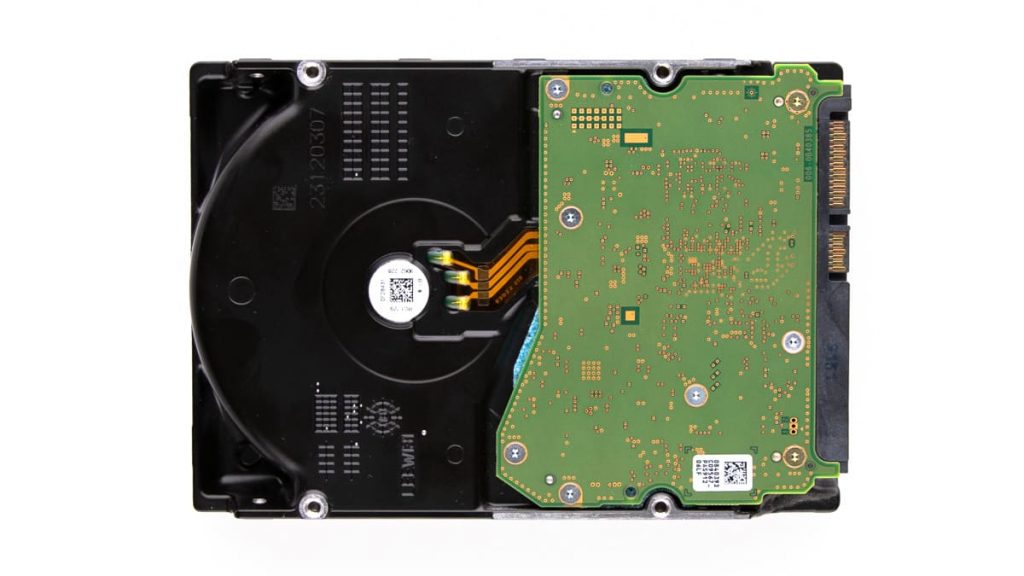
We encourage all individuals and businesses to back up their data regularly and take precautions to prevent data loss.
We are committed to helping our clients retrieve their precious data when disaster strikes. Our team of skilled engineers, extensive donor part database, and cutting-edge technology enable us to tackle even the most challenging data recovery cases. Remember, when it comes to data recovery, trust the experts at PITS Data Recovery to bring your lost files back to life.
Frequently Asked Questions
Why did my G-RAID drive stop mounting on my Mac?
G-RAID drives can stop mounting on a Mac due to various reasons, including spindle motor failure, corrupted file systems, physical damage, bad sectors, data cable or connection issues, or firmware/software problems.
Can I attempt data recovery on my own if my G-RAID drive won't mount?
Attempting DIY data recovery is not recommended, especially for complex issues like spindle motor failure. DIY attempts can further damage the drive and reduce the chances of successful recovery. It’s best to consult professional data recovery services.
How do I choose a reputable data recovery service provider?
When choosing a data recovery service, look for providers with a proven track record, experienced engineers, secure facilities, and a transparent pricing structure. Check reviews and testimonials to gauge their reputation.
What should I do if I suspect my G-RAID drive is failing or having mounting issues?
If you notice any signs of drive failure or mounting issues, such as strange noises or error messages, immediately power off the drive and disconnect it. Do not attempt to use data recovery software or DIY repairs. Contact a professional data recovery service for assistance.
How long does data recovery typically take?
The duration of data recovery depends on several factors, including the extent of damage, the size of the drive, and the complexity of the recovery process. Some cases can be resolved in a matter of hours, while others may take several days.

